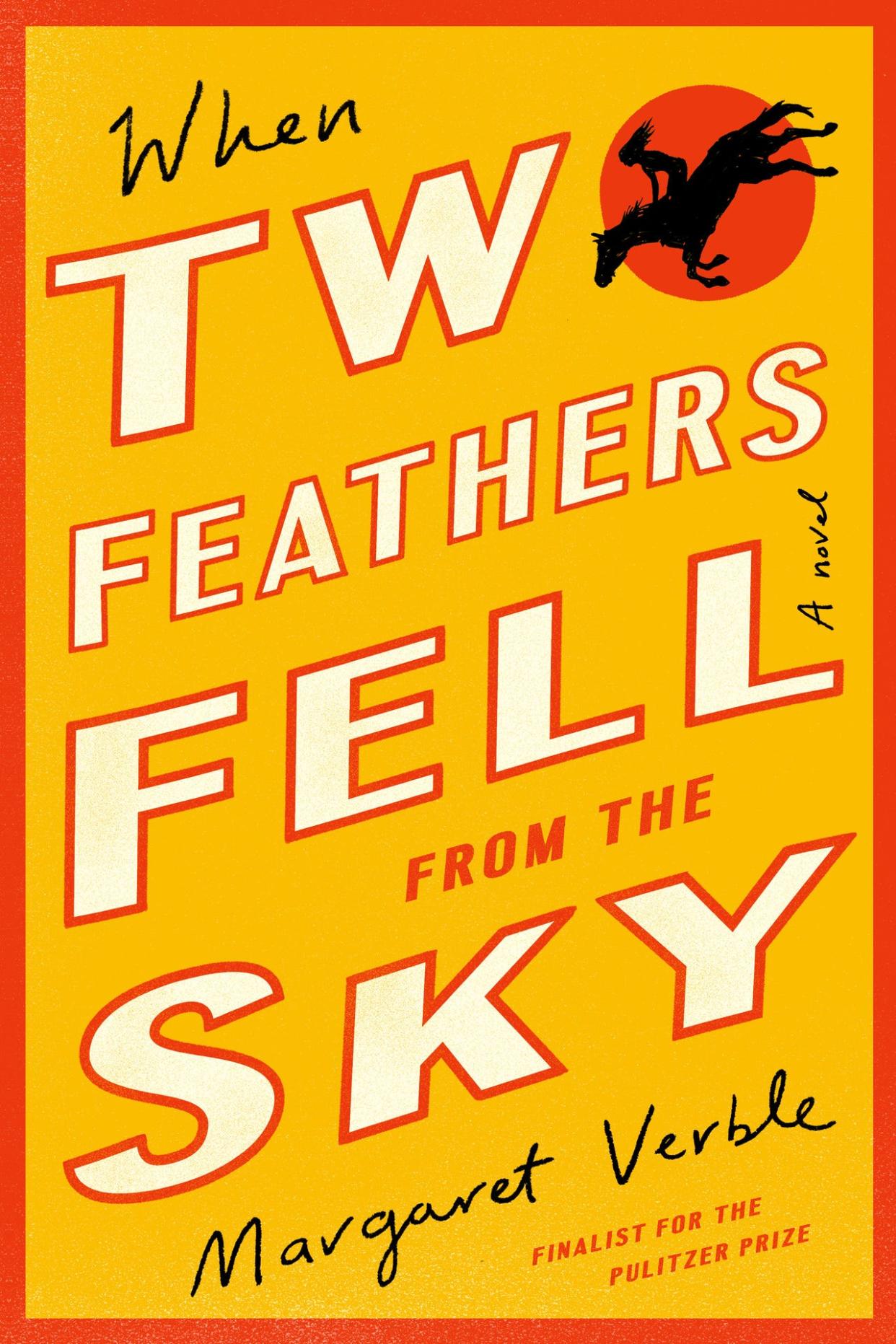How this year’s One Read explores the changing, sometimes dehumanizing nature of work

Editor's note: Each Sunday in September, Karena Tse of Daniel Boone Regional Library will explore a different aspect of this year's One Read title, "When Two Feathers Fell From the Sky" by Margaret Verble. Columns may include spoilers.
"Two looked off into the future. It looked blank and white. The pain in her leg felt red, and she felt like a big purple bruise all over."
At this moment in Margaret Verble’s "When Two Feathers Fell from the Sky," our protagonist is reckoning with her future.
More precisely, she is reckoning with a broken leg that threatens her livelihood — a leg she broke on the job. As a horse diver, Two’s daily occupational hazards involve career-ending injuries. It seems cruel, doesn’t it? Doing a job you know could break you, for an employer that would only replace you? Such was the way of 1920s vaudeville.
American vaudeville enjoyed widespread popularity from the 1890s until the early 1930s. Before the rise of radio and TV rendered the spectacle obsolete, vaudeville’s musicians, comedians, magicians and more formed the heart of American show business.
The story of Two Feathers is set in 1920s Nashville, at the edge of vaudeville’s fall from favor. Glendale Park and Zoo is still bringing in visitors, but some performers are starting to shrink under the shadow of impending change. Franny Montgomery, one half of the sister duo known as the Juggling Juggernauts, warns Two of what’s to come:
“The whole world’s changing, Two. When’s the last time you saw a duo ride a unicycle? Or anybody swallow fire? How long you think people’ll want to see dishes or bowling pins, or whatever, thrown in the air? Nowadays, people want to go to the movies … And soon, the pictures will talk. When that happens, we’re all deep-sixed. And it’s not far off.”
At various points in the story, the Montgomery sisters discuss their work this way — with a tone of resignation, referring to themselves in economic terms: value, viability, sustainability. This is not pessimism; they are only internalizing the ways in which the entertainment industry objectifies them. In their line of work, their value is quantifiable based on their talent, beauty, and health.
It’s no wonder Two feels such dejection and a loss of identity when she breaks her leg after a disastrous dive:
“Her whole life had changed. And she’d spent a long afternoon at the barn for nothing. Just being stupid and pitiful. Dumb and lonely. She felt hungry for fried chicken and vodka.”
Before the fall, Two’s character is shrouded in a mythic, untouchable quality. It’s almost jarring to be let into her psyche at such a low moment. Our protagonist is never more relatable than when she is languishing, craving fried food and a drink — even she isn’t immune to the feeling of defeat that comes with being unable to work.
Through the story of Two’s injury, Verble invites us to contemplate the ways in which work dehumanizes us. She places her performers at the mercy of a fickle and unforgiving industry, an industry which is itself at the mercy of larger social and economic shifts.
Who is allowed to be a human, with injuries and ailments and fallibilities, within such a system? Who is allowed to matter? And who is afforded a way out?
Franny and Two acknowledge, joylessly, the escape offered by marriage. They speak darkly of this prospect, as something that swallows you up once you age out of the stage: “That was the path. Almost every woman walked it.”
Verble lets the questions linger: Do Franny and Marty Montgomery keep on with their tired juggling act? Does Two ever dive again? How long does Glendale keep itself afloat, as vaudeville starts to sink?
While I wish I’d had more of a window into their futures, I convinced myself not to worry too much about our three performers. I knew that whatever happened, none of them would be coping in isolation — the sisters had each other, and Two had them.
In a system based on exploitation, maybe survival is the goal, and maybe this is enough to survive: staying tethered to relationships that help us reclaim our humanity when our professional lives threaten it, and bearing witness to each other’s hardships when it’s beyond our power to alleviate them.
In any case, Verble seems less concerned about Two’s professional future than I was. The book doesn’t end with a decision about staying, or leaving, or searching. It ends with a decision to go out for ice cream; to enjoy something sweet at the end of a long, hot summer. Maybe, sometimes, that is the way out.
One Read book discussions and programs will be held throughout the month of September. Visit www.dbrl.org/one-read for more information.
This article originally appeared on Columbia Daily Tribune: How this year’s One Read explores the dehumanizing nature of work

